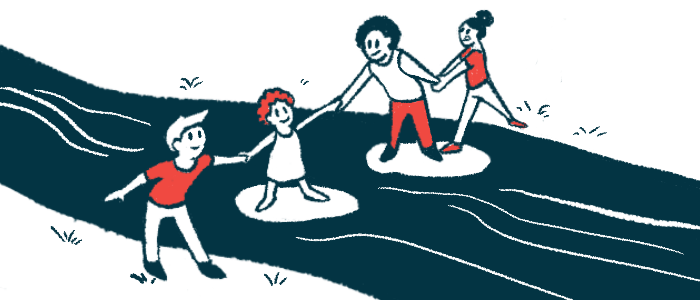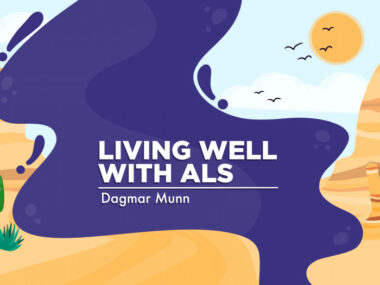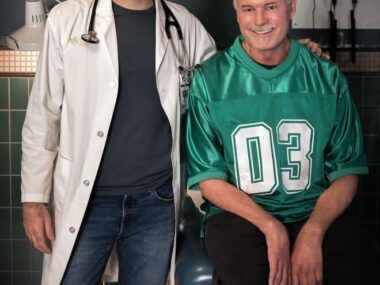Animated film aims to help young audiences understand ALS diagnosis
‘LUKi & The Lights’ will debut March 22 at Cinema Village, New York
Written by |

A disorder such as amyotrophic lateral sclerosis (ALS) can be confusing and traumatic for children, particularly if the person with the disease is a family member or close friend. A new animated short film, “LUKi & The Lights,” seeks to help young people understand and cope with the complexities of the progressive neurodegenerative disease.
Its debut, set for March 22 at Cinema Village in New York, will bring together ALS advocates and members of the arts and entertainment community to celebrate the power of storytelling while heightening awareness of the disease, which is thought to affect more than 200,000 people globally. Tickets are $8 for children and $12 for adults.
The 11-minute film will also be screened at the Florida Film Festival, from April 12-29, and the Los Angeles International Children’s Film Festival, from March 29 through May 26. From March 23-29, the film can be viewed by the general public.
Brought to life by Big Grin Productions, Global Neuro YCare, and The ALS Association, the film will eventually be available for free across streaming platforms globally. It was created by Sascha Groen and her husband, Anjo Snijders, who was diagnosed with ALS in 2017 when he was 35.
“LUKi & The Lights,” which uses sound but no language, follows the journey of LUKi, a “charming,” soccer-loving robot navigating life after an ALS diagnosis. It uses animation and cutting-edge technology to tell the story of LUKi and his friends in a way that transcends culture and language, so children around the world can grasp the nature of the disorder. Groen and Snijders came up with the character of LUKi as a way to explain the ALS diagnosis to their young children.
Bringing LUKi to life
Explaining ALS to a child can be challenging. As certain nerve cells are lost, the brain can no longer control muscle movement. As a result, patients are progressively less able to perform day-to-day tasks, such as reaching for items, climbing stairs, or getting dressed. Advanced stages typically include paralysis and losing the ability to breathe.
“A lot of parents have difficulties talking to their children about a terminal diagnosis and we wanted to help them explain it and also show them that it’s OK to discuss ALS with children,” Snijders said in a press release.
“In the process of creating ‘LUKi & The Lights,’ our team delved deep into understanding ALS, its impact, and the experiences of those affected by it,” said Toby Cochran, director and founder of Big Grin Productions. “Our goal was to create a film that not only entertains but also educates, offering a genuine portrayal of ALS for audiences worldwide.”
The film seeks to empower children and parents to openly discuss ALS and its complications. Educational materials such as a coloring and activity book and other discussion guides are expected to be available soon.
“We want to bridge the gap between children and parents, providing them with the words and understanding to discuss ALS,” said Melinda S. Kavanaugh, PhD, the production’s content expert and co-producer, and president of Global Neuro YCare. “LUKi is designed to be relatable to children of all backgrounds, offering a universal message of hope and understanding. LUKi shows both children and adults,how ALS progresses in an easy to understand and highly visual way.”
The ALS Association expects the film to be impactful in ALS communities globally.
“We are excited to bring Anjo’s vision and Big Grin’s beautiful animation of LUKi to audiences around the world,” said Calaneet Balas, president and CEO of the ALS Association. “We have already seen the tremendous reception the film has received both within the film and ALS communities. We are confident this film will change lives.”






